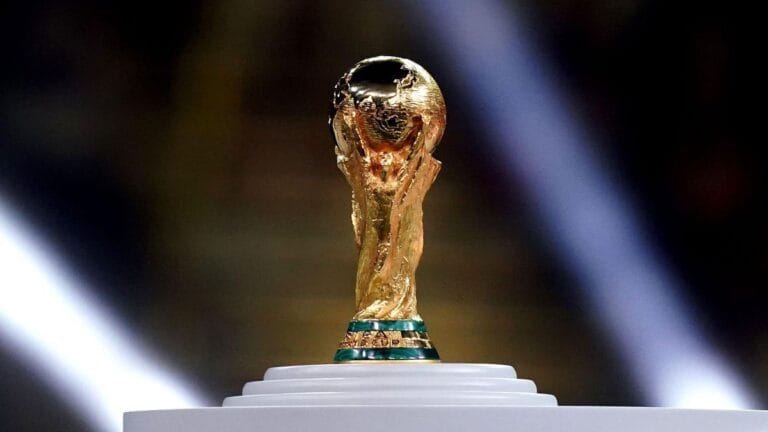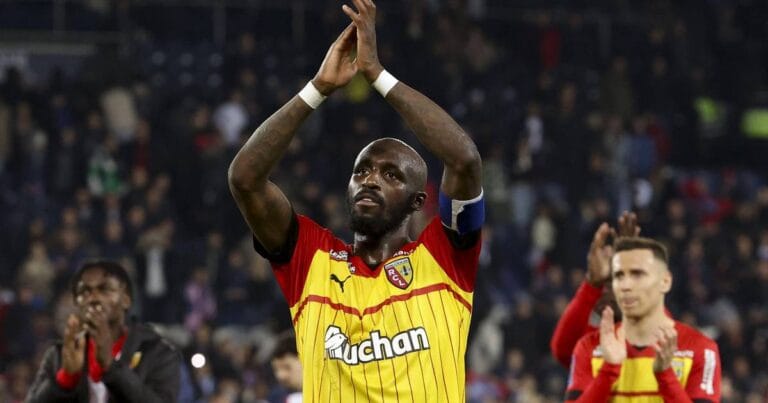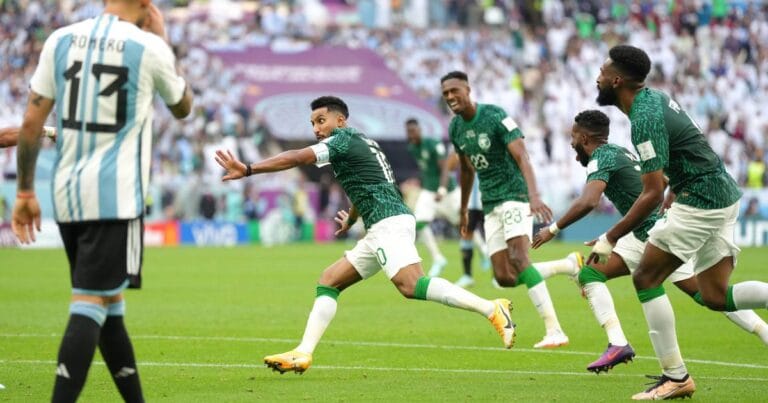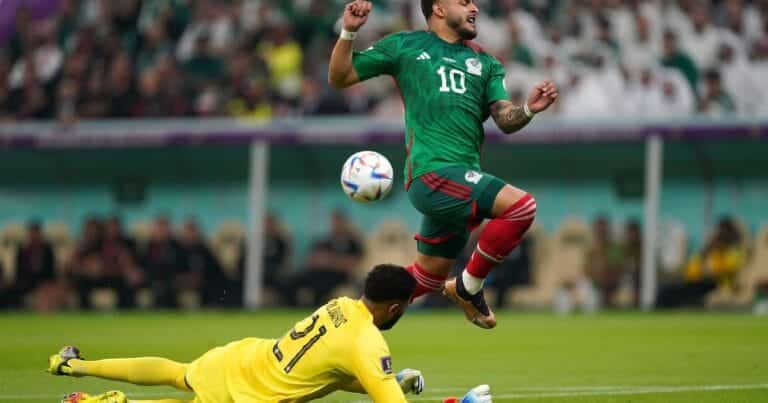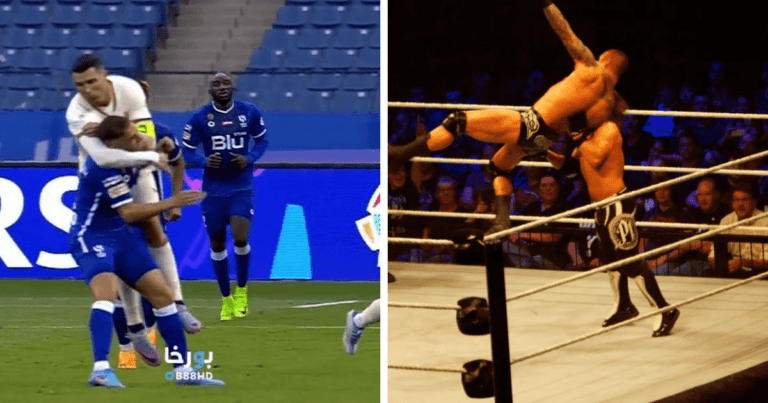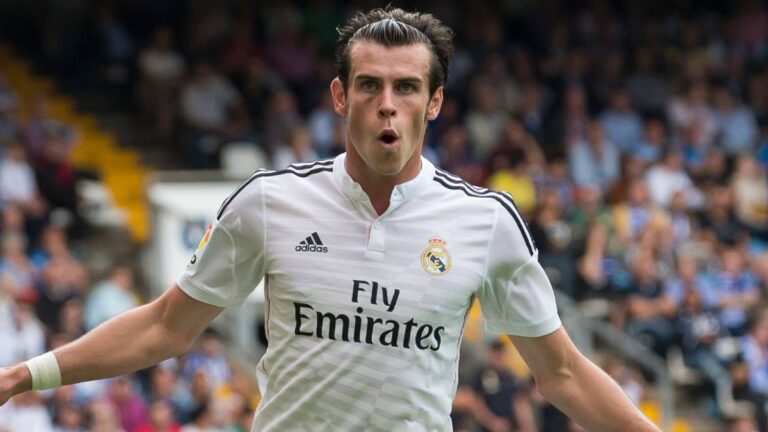Saudi Public Investment Fund considers possible purchase of another top football club in Europe
A second proposed purchase follows the pathway taken by City Football Group and Red Bull, both of whom own multiple clubs across the globe, and would see them add another name alongside flagship club Newcastle United.

In what has been a rapidly changing landscape across the footballing world in recent years, Saudi Arabia’s Public Investment Fund could be primed to follow in the wake of those that paved the way before them as the Gulf kingdom’s wealth fund is reportedly considering the purchase of another top club in Europe.
A second proposed purchase follows the pathway taken by City Football Group and Red Bull, both of whom own multiple clubs across the globe, and would see them add another name alongside flagship club Newcastle United.
According to Simon Chadwick, Professor of Sport & Geopolitical Economy SKEMA Business School, the motivating factor behind the potential future purchase is founded in broader terms than just results on the pitch as “the kingdom prepares for more big spending in sports – a key pillar of efforts to diversify its economy, boost tourism and gain more political influence.”
1/2
This rumour has been fermenting for some time…Following Abu Dhabi’s lead at City Football Group, both Qatar & Saudi Arabia now keen to follow this example
Saudi wealth fund weighs buying another top football club in Europehttps://t.co/vEG4rh6Q0s
— Professor Simon Chadwick (@Prof_Chadwick) July 13, 2023
A change in strategy in recent days has resulted in PIF switching gears from the possibility of smaller entities coming into the fold, and instead, focusing on the acquisition of another club inside one of Europe’s top five domestic leagues.
This comes on the back of the recent ruling that saw UEFA clear Brighton & Hove Albion, Aston Villa, and Toulouse to feature in tournament play in 2023-24 regardless of their respective owners harboring an interest in other clubs who will become in as direct competitors on the pitch.
Already, there are a number of concerns that have been expressed about what this could mean from a competitive standpoint in the modern game, which was brilliantly summed up by The Mirror’s Colin Millar.
“UEFA decision to allow clubs in the same ownership structure to compete in the same continental competitions was a huge moment: gave the green light for this to become widespread. It will reinforce football’s now established pyramid of power but further cedes power away from communities.”
“At this stage, it feels like the logical conclusion is football clubs – over 100 years of being community institutions and sources of deep local pride – becoming franchises, as in many US sports. They will be valued solely by their profit and as pawns within a larger network.”
“If owners feel like the club can become more profitable by moving 100+ miles away, with a new name and different colors – fitting their larger network – they will feel empowered to do so. Only suitable governance and regulation can prevent this from becoming a widespread reality.”
